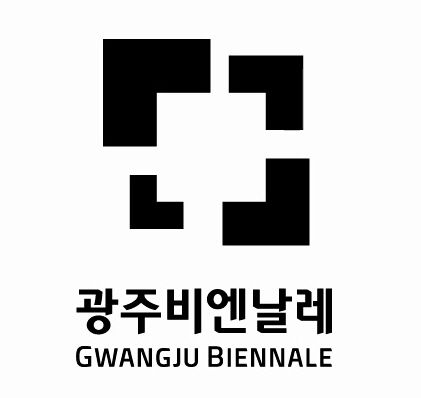 Gwangju Biennale
Gwangju Biennale Gwangju Biennale
Founded in 1995 in memory of the spirit of the civil uprising of the 1980 repression of the Gwangju Democratization Movement, the Gwangju Biennale in South Korea is Asia’s oldest biennial of contemporary art. For the last twenty-three years, the Gwangju Biennale has emerged as a network for international cultural exchanges and a platform for the visual arts, while producing discourses on contemporary art.
Located in the South West of the Korean peninsula, Gwangju has been known for its historical tradition of art and culture. Inheriting the city’s long cultural heritage and aiming to heal the traumatic history of the May 1980 uprising through aesthetic means, the Gwangju Biennale was established in the mid-1990s. The Gwangju Biennale has contributed to its budding progress and to the emergence of Korean art on the international stage. The Gwangju Biennale, as such, has been a driving force for the contemporary art of Korea and an agent linking the arts throughout the globe.
Embodying the general value of human civilization through the medium of the visual arts, the Gwangju Biennale continues to disseminate messages of democracy, human rights, and peace throughout Asia and the world, as well as within local communities.